Vienna, September 12, 2025 – Young talents today are increasingly reluctant to take on traditional leadership positions. But does this mean the end of the executive suite as we know it? Roland Deiser, management expert with international experience, explains in a conversation with the TU Wien Academy why companies need to rethink leadership now – and how new organizational models can make leadership attractive again.
Rigid hierarchies deter people
Many people shy away from rigid hierarchies. Instead, they seek freedom, purpose, and opportunities to shape their work. “Established leadership models feel cumbersome and uninspiring,” says Deiser. He observes that young professionals prefer to join start-ups or pursue self-employment. Traditional power positions are losing their appeal—unless organizations create structures that allow for more entrepreneurial action.
One example: The Chinese corporation Haier operates more than 4,000 micro-organizations that function like small start-ups within the company. “This creates thousands of leadership roles without the paralyzing corporate politics,” Deiser explains. For him, the future of leadership clearly means less “command & control” and more shaping of context that empowers employees.
What challenges do CEOs face?
In large corporations, internal power struggles often dominate daily life, while customer focus gets lost. A great deal of energy is spent on playing these games just to remain CEO at all. Moreover, highly skilled experts who rise through the ranks often turn into unhappy leaders, since they can no longer use their actual strengths.
With the advance of artificial intelligence, the world of work is changing even further. Deiser envisions companies increasingly operating in hybrid teams of humans and machines. In this context, motivation and creativity become central resources—qualities that machines cannot replace. At the same time, he stresses: it is not enough to simply train individual leaders. “Even the brightest minds remain ineffective in a poorly structured organization,” he warns. That’s why entire organizations need to learn how to design structures and processes so that leadership can actually be effective.
Despite all the upheaval, Deiser looks to the future with optimism: “We are experiencing massive disruptions, but within them lies opportunity. Leadership must be redefined—not as a position, but as the ability to create conditions where people and technologies can grow together.”
About Roland Deiser
Roland Deiser is the founder and Executive Chairman of the Center for the Future of Organization (CFFO) at the Drucker School of Management in California, where he leads a global network of experts and top executives working on solutions to their organizations’ complex transformation challenges. He is the author of several books and numerous publications on strategy and organizational design and is regarded as a thought leader in ecosystem leadership in the digital age. He also publishes the international journal Developing Leaders Quarterly, which focuses on current issues in leadership, transformation, and the future of work.
On October 6, 2025, Deiser, who is also a Senior Fellow, will participate in the Future Leadership Forum in Vienna, where he will accompany and advise attending executives. His keynote topic will be: “Leadership in Ecosystems – Leading Across System Boundaries.”
Haier, founded in 1984, is a Chinese multinational and household appliance manufacturer headquartered in Qingdao. The company is globally known for its unconventional organizational structure: more than 150,000 employees work in over 4,000 largely autonomous micro-organizations. Haier focuses heavily on smart home solutions, artificial intelligence (AI), and connected ecosystems.

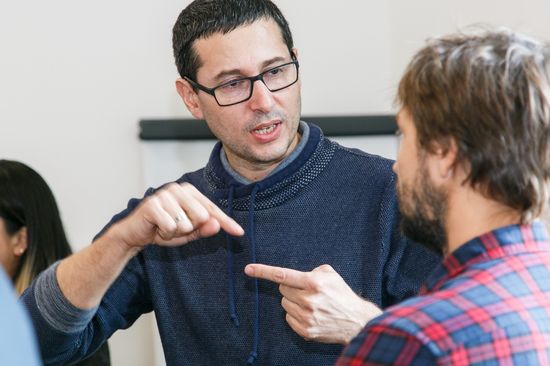
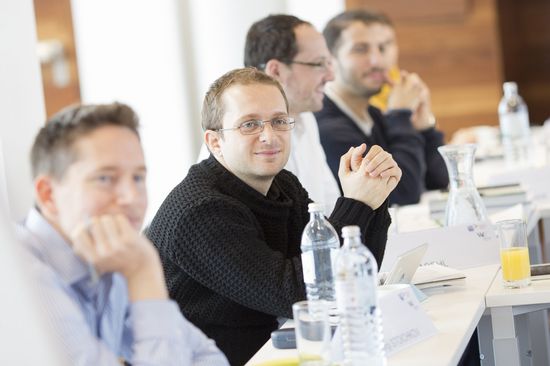
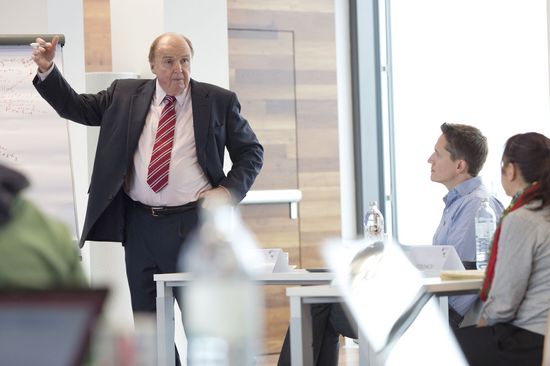
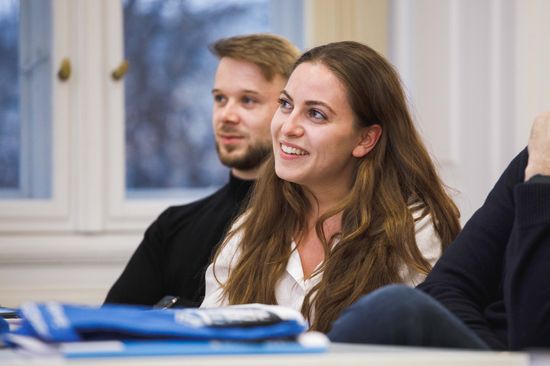
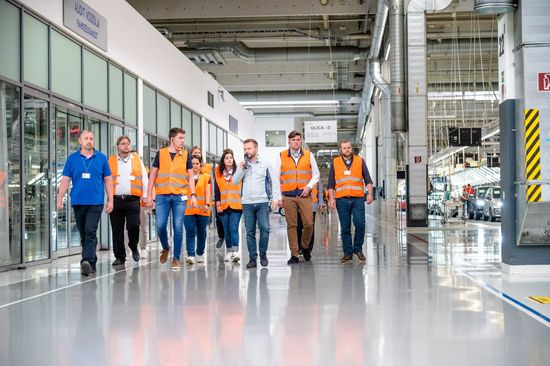
![[Translate to English:] Interview Roland Deiser](/fileadmin/_processed_/6/f/csm_Newsmeldung_deiser_interview_9fe738ae5d.png)
![[Translate to English:] TUW Hauptgebäude](/fileadmin/_processed_/d/0/csm_tu_hauptgebaeude__c__tu_wien_Matthias-Heisler-goemb_650c7e6438.jpg)
![[Translate to English:] Vienna Skyline](/fileadmin/_processed_/4/7/csm__MG_3569_1ba98cf2b6.jpg)
![[Translate to English:] PlusEnergieHaus](/fileadmin/_processed_/8/3/csm_plusenergiebuerohochhaus__c__tu_wien_Matthias_Heisler-goemb.at_64af9dd193.jpg)
![[Translate to English:] TUW Side](/fileadmin/_processed_/8/a/csm_Hauptgebaeude_db30c80f27.jpg)
![[Translate to English:] E.Langegger](/fileadmin/_processed_/3/5/csm_Eileen_Langegger_1d23c32fe3.jpg)
![[Translate to English:] A.Petkov-Georgieva](/fileadmin/_processed_/2/f/csm_Aleks_Petkov-Georgieva_07cd73a630.jpg)
![[Translate to English:] K.Leitner](/fileadmin/_processed_/0/6/csm_Karl-Heinz_Leitner_5ae73aa81f.jpg)
![[Translate to English:] M.Friesl](/fileadmin/_processed_/c/c/csm_Friesl_Martin_d68eb02802.jpg)